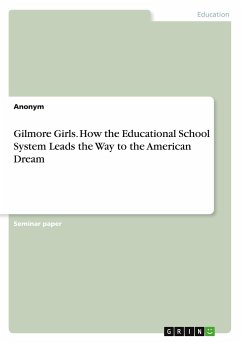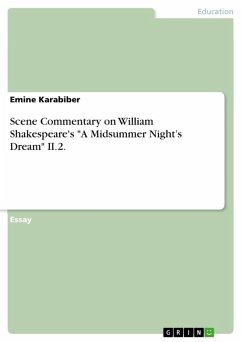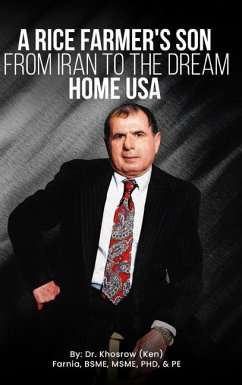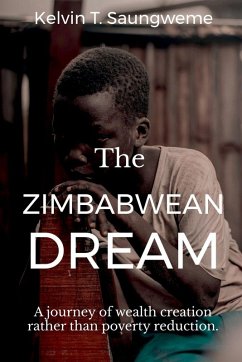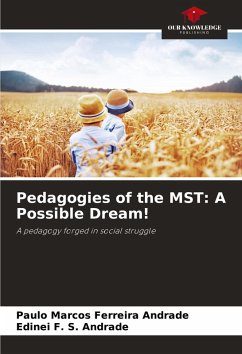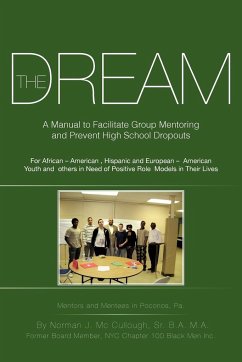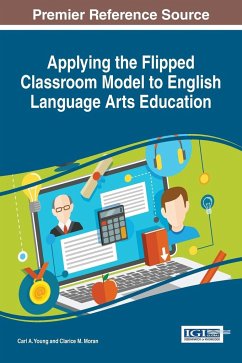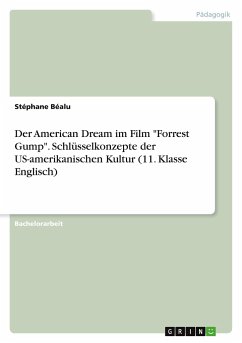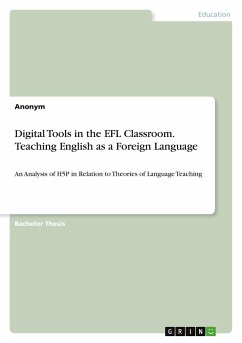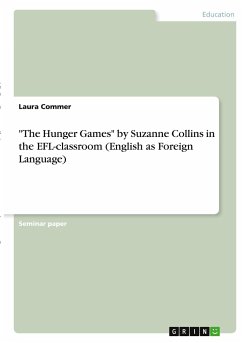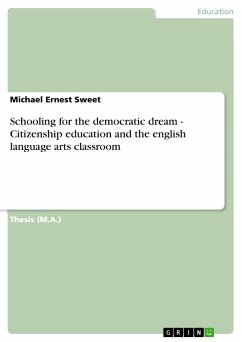
Schooling for the democratic dream - Citizenship education and the english language arts classroom
Versandkostenfrei!
Versandfertig in 1-2 Wochen
27,95 €
inkl. MwSt.

PAYBACK Punkte
0 °P sammeln!
Thesis (M.A.) from the year 2008 in the subject Pedagogy - School Pedagogics, Concordia University Montreal (Learning for a Cause), course: Educational Studies, language: English, abstract: It will come as no surprise if I claim Canada, indeed all of North America, to be a democracy. A question that might receive more reservation is whether or not Canada has given birth to the kind of democracy we imagine or desire. Have we brought into being a citizenry that is engaged? At the very least, these questions would seem to be valid for debate. Martin Luther King Jr. (1967) set the tone in the foll...
Thesis (M.A.) from the year 2008 in the subject Pedagogy - School Pedagogics, Concordia University Montreal (Learning for a Cause), course: Educational Studies, language: English, abstract: It will come as no surprise if I claim Canada, indeed all of North America, to be a democracy. A question that might receive more reservation is whether or not Canada has given birth to the kind of democracy we imagine or desire. Have we brought into being a citizenry that is engaged? At the very least, these questions would seem to be valid for debate. Martin Luther King Jr. (1967) set the tone in the following quote for the argument that I will make in this paper, namely, that we must educate to bring about a democracy that is genuinely concerned with actual people and the flourishing of their lives:We must rapidly begin the shift from a 'thing-oriented' society to a 'person-oriented' society. When machines and computers, profit motives and property rights are considered more important than people, the giant triplets of racism, materialism, and militarism are incapable of being conquered. ( p.9)Agreeing with King and believing that we must shift our focus as democratic citizens, I suggest that we must, as a society, reorganize our aims toward humanistic ends. The question now becomes how we might go about such a seemingly fundamental shift. How might society cultivate a citizenry concerned with human lives, values, hopes and dreams, and become a society genuinely in touch with what it is to be good and beneficent humans who care deeply and genuinely about others and their plights? In this paper I argue the idea of public education generally, and citizenship education more specifically, as a possible answer to fostering a new generation of engaged citizens genuinely concerned with human lives - with a socially just democracy. However, not any public schooling or citizenship education is sufficient. Weisel makes this clear when speaking about the designers and perpetrators of Auschwitz, Dachau and Buchenwald. Although they were heirs of Kant and Goethe, widely thought to be the best educated people on earth, they were also the architects of the Holocaust (as cited in, Orr, 2004).



